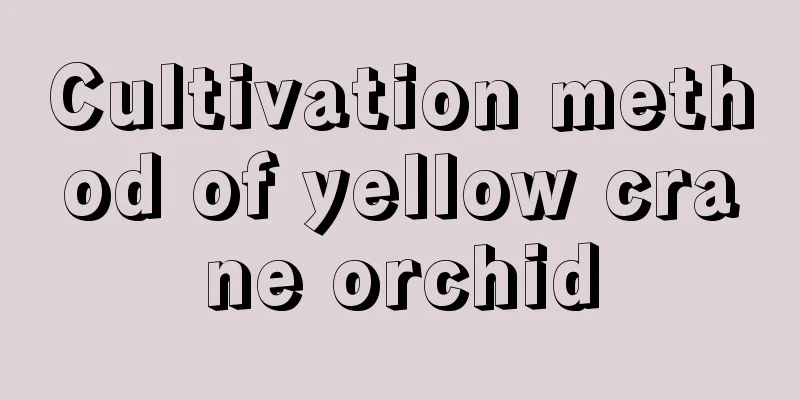What are the cultivation methods and precautions of geranium

Geranium growth habitsGeraniums like warm winters and cool summers. The indoor temperature should be maintained at 10-15 degrees every day in winter. The most suitable temperature for geraniums throughout the year is 15-20 degrees. They like a moist and cool environment, so direct sunlight should be avoided. An appropriate amount of diffuse light environment is conducive to the growth of geraniums. Geraniums like moisture but not humidity. They like to grow in a fertile and ventilated environment. They are not very demanding on the soil, but the soil must have good air permeability. Geranium cultivation methodLight and temperature: Geranium likes light and is slightly shade-tolerant in the early stage. Later, its light requirement increases. It grows in an annual average temperature of 15.0 to 18.0 degrees Celsius, and the absolute minimum temperature is less than minus 10 degrees Celsius. Watering method: You must pay attention to water control to keep the soil in the pot dry to prevent root rot. Generally, the soil should be kept wet when dry, and water should be sprayed on the leaves and branches frequently to maintain the humidity of the soil and air to prevent the leaf tips from drying up. Fertilization method: Apply thin liquid fertilizer once a month during the growing season, dilute it with water using decomposed organic fertilizer such as bean cake residue, and stop applying during the rainy season, high temperature season or after the beginning of autumn. Pruning method: Pruning should be combined with design shaping and follow the growth trend. Focus on shortening branches that grow too fast during the growth period, and temporarily retain the slower and weaker branches for processing after they grow thick. Geranium cultivation precautionsSoil that is too dry, barren or saline-alkaline will cause the plant to cap and drop leaves; deep, fertile, well-drained acidic or neutral soil is preferred. It is intolerant to heat and the suitable temperature for its growth is 15-25℃. When the temperature is above 32℃ in summer, it should be moved to a cool place. The temperature should not be lower than 0℃ during the winter. |
<<: What are the cultivation methods and precautions of butterfly plum
>>: What are the cultivation methods and precautions of ivy
Recommend
How to breed Lophatherum venetum
Seed propagation This is also the most primitive ...
Is Damascus rose edible?
1. Edible It is also known as the Turkic rose and...
Indoor cultivation methods and precautions of lucky grass
1. Breeding methods 1. Soil: The plant does not h...
Add 2 drops of this thing when watering, and the yellow leaves will turn green in 3 days!
Add ferrous sulfate to jasmine water Huahua has a...
How to Plant Loquat Trees
1. Seed Collection Loquat trees are planted by co...
When does garlic vine bloom?
Garlic vine flowering time The flowering period o...
How to grow Kochia scoparia
1. Soil conditions It has very strong vitality an...
Can ginger peel be used as fertilizer?
Ginger peel as fertilizer Ginger peel can be used...
How to propagate dahlias
1. Cutting First, choose a sturdy branch and trim...
How much celery yield per mu
Introduction to Parsley Parsley is a plant of the...
What is the function of lotus bamboo
Home Decor The leaves of Lotus Bamboo are emerald...
How to grow Japanese roses
1. Choose a pot The plant of Japanese rose is ver...
What to do if the gardenia has buds but does not bloom
1. Add fertilizer appropriately 1. Reason: Garden...
When is the right time to sow kale?
Suitable time for sowing kale Chinese kale is an ...
How to breed succulent balls
1. Operation method 1. Planting seeds The female ...









